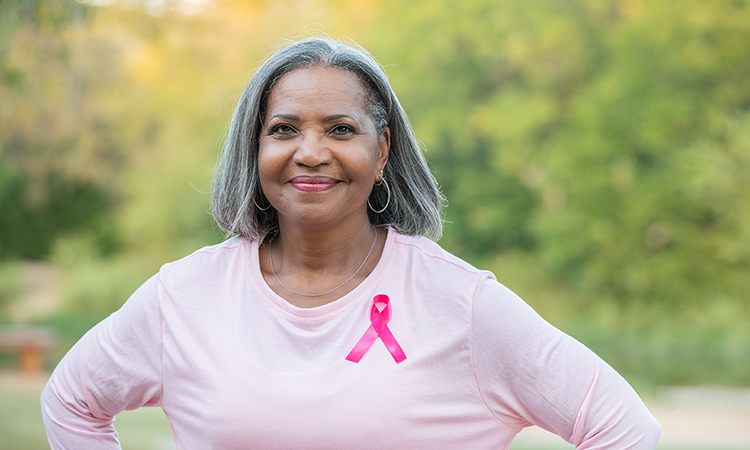
Breast cancer is a prevalent cancer among women in the United States. It is important to know your personal risk factors associated with breast cancer to take proactive measures for prevention. Having this knowledge can enable women to make well-informed decisions about lifestyle changes and early detection options.
Major Breast Cancer Risk Factors
Some of the major risk factors for breast cancer include:
- Family History: Women with first-degree relatives (like mother, sister, and/or daughter) diagnosed with breast cancer or a history of certain genetic mutations are at a higher risk for developing breast cancer.
- Personal History: Women who have previously had breast cancer or a high-risk biopsy, as well as those who have undergone chest wall radiation, are at an increased risk for developing breast cancer.
Minor Breast Cancer Risk Factors
Several additional factors can contribute to a woman's risk of developing breast cancer, including:
- Reproductive Factors: Women with an early onset of menstrual period or those who have had their first child after the age of 30, or who have never been pregnant, have a slightly higher risk of developing breast cancer.
- Lifestyle Factors: Women who consume more than one ounce of alcohol per day, have prolonged use of post-menopausal hormones, and have a body weight greater than 30 percent of normal are at an increased risk of breast cancer.
- Breast Density: Women with dense breasts on mammography have a slightly higher risk of developing breast cancer.
- Ethnicity: Women of Ashkenazi (Eastern European) Jewish heritage have a higher risk of developing breast cancer.
Prevention Strategies
While some breast cancer risk factors, such as family history, are beyond a woman's control, others can be addressed through lifestyle changes. Some of the prevention strategies include:
- Physical Activity: Living a physically active lifestyle can help reduce a woman's risk of developing breast cancer.
- Healthy Diet: Eating a healthy diet rich in fruits, vegetables, and whole grains may also help reduce a woman's risk of developing breast cancer.
- Screening: Women should follow screening guidelines for breast cancer, including yearly mammograms starting at age 40 for women of average risk.
- Consult with a Doctor: Women should consult with their healthcare provider to learn more about their personal risk of developing breast cancer and to discuss any concerns they may have.
By understanding the risk factors and prevention strategies associated with breast cancer, women can take control of their health and reduce their risk of developing this common cancer.
Breast Cancer Risk Assessment at Breastlink
At Breastlink, we believe knowledge is power. We want to help you better understand your personal risk for developing breast cancer, so that you can make the best lifestyle choices and health care decisions to promote your breast health.
Our comprehensive risk assessment program is designed to provide you knowledge of your personal risk factors and is covered by most insurance plans. Visit our Risk Assessment Program.


